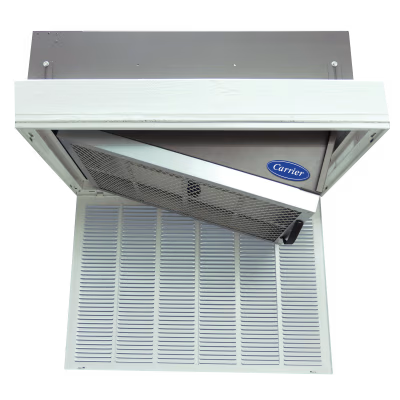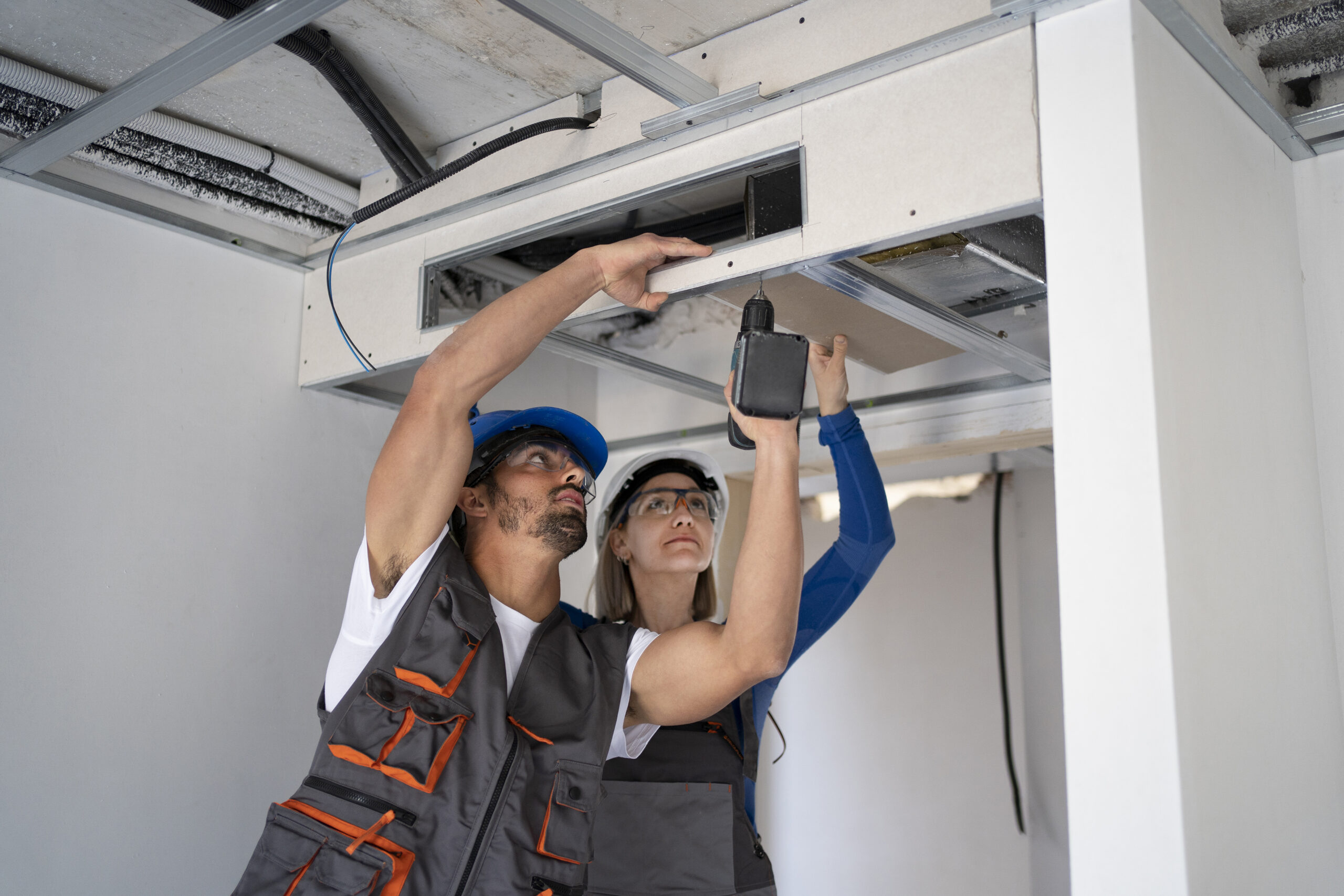Air Purifier Repair & Maintenance
Stay Healthy year-round with Our Professional HEPA Filter Installation Services
ThermoVAC


Importance of Reliable & Efficient HEPA Filter Systems
HEPA filters are essential for improving indoor air quality by efficiently trapping tiny particles like dust, pollen, pet dander, and allergens. They are crucial in environments like homes, hospitals, and industrial settings to reduce respiratory irritants and prevent contamination.
Frequently Asked Questions
A HEPA (High-Efficiency Particulate Air) filter is a high-performance filter designed to trap small particles like dust, pollen, pet dander, and even bacteria. It works by forcing air through a fine mesh that captures these tiny particles, improving indoor air quality.
A HEPA filter can significantly improve indoor air quality by removing allergens, pollutants, and harmful particles from the air. This is particularly beneficial for individuals with allergies, asthma, or respiratory issues.
If you or your family members suffer from allergies, asthma, or respiratory conditions, a HEPA filter can help reduce airborne irritants. It’s also a good solution if you live in an area with high pollution or dust levels.
HEPA filters should typically be replaced every 6-12 months, depending on the manufacturer’s guidelines and your usage. Regular maintenance will ensure the filter continues to perform at its best.

